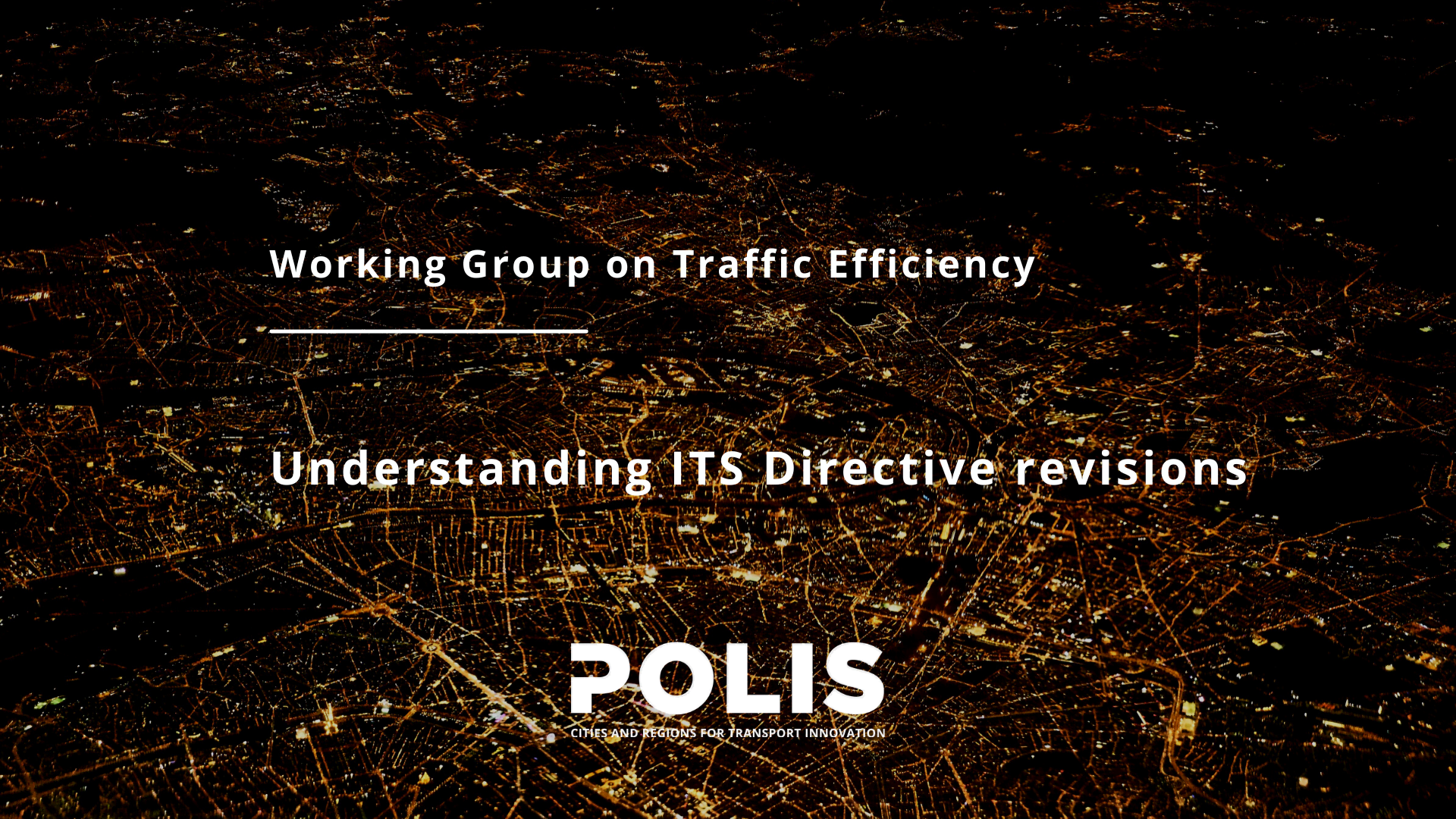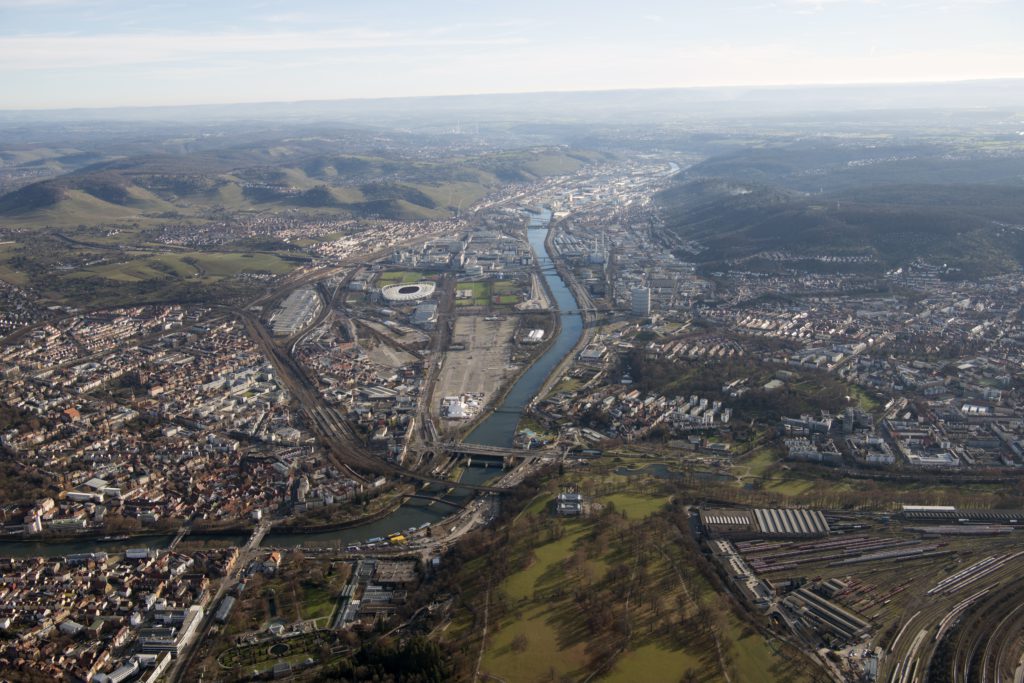Traffic Efficiency working group examines ITS Directive
Over the last few weeks POLIS Traffic Efficiency working group has been addressing the European Commission’s upcoming revisions to the ITS Directive. Across a series of workshops, POLIS has been guiding members through the current regulatory landscape, where modifications are being made and exploring their queries and concerns.
What is ITS… and why does it matter?
The ITS Directive is intended to provide a framework to support coordinated and coherent deployment and use of Intelligent Transport Systems (ITS); in particular across the borders between EU Member States, setting out the general conditions necessary for that purpose.
Revisions to the EU’s ITS Directive and two of its offshoots, the real-time traffic information (RTTI) and the multimodal travel information services (MMTIS) delegated regulations are on the horizon, and changes are likely to have significant impacts for how local authorities approach mobility data collection, storage and sharing.
As such, preparation is paramount for cities, regions- and indeed their operating partners.
Polis has been following and engaging in these developments for more than a decade, and has sought to create a dialogue between members and the European Commission. However, navigating these developments is often complex for POLIS members.
Examining changes in the RTTI and MMTIS delegated regulations, POLIS members were offered an opportunity to find out more about what opportunities and challenges may lie ahead- while also benefiting from advice from others who have begun to adapt their practices and introduce new digital strategies.
ITS and local governance
The workshops follow POLIS’, UITP and EMTA’s joint opinion on EU-wide integrated ticketing, which called for a central role for public authorities in the governance of the MaaS ecosystem.
As technological and legislative shifts change the way urban mobility services are delivered, POLIS is eager to ensure that digital solutions support, rather than undermine the key role of public transport as the backbone of urban mobility – and the rights of all citizens to affordable and accessible transport services are not diluted.
Data in practice: digital strategies being implemented
Responding to this wave of legislative change appears a daunting task, but help is at hand!
The Traffic Efficiency working group brought together Stuttgart, Gothenburg and Amsterdam as well as the German suite of projects (Navigar, City2Navigation & Saturn), to provide POLIS members with a clearer understanding of how to digitise traffic management strategies, which is expected to be a requirement in the EU legislative revision.
More about POLIS Traffic Efficiency working group
The working group aims to enable knowledge sharing and reflection about current transport practice, new developments and evolving European policy on network management, Intelligent Transport Systems (ITS) and data.
Find out more here.




